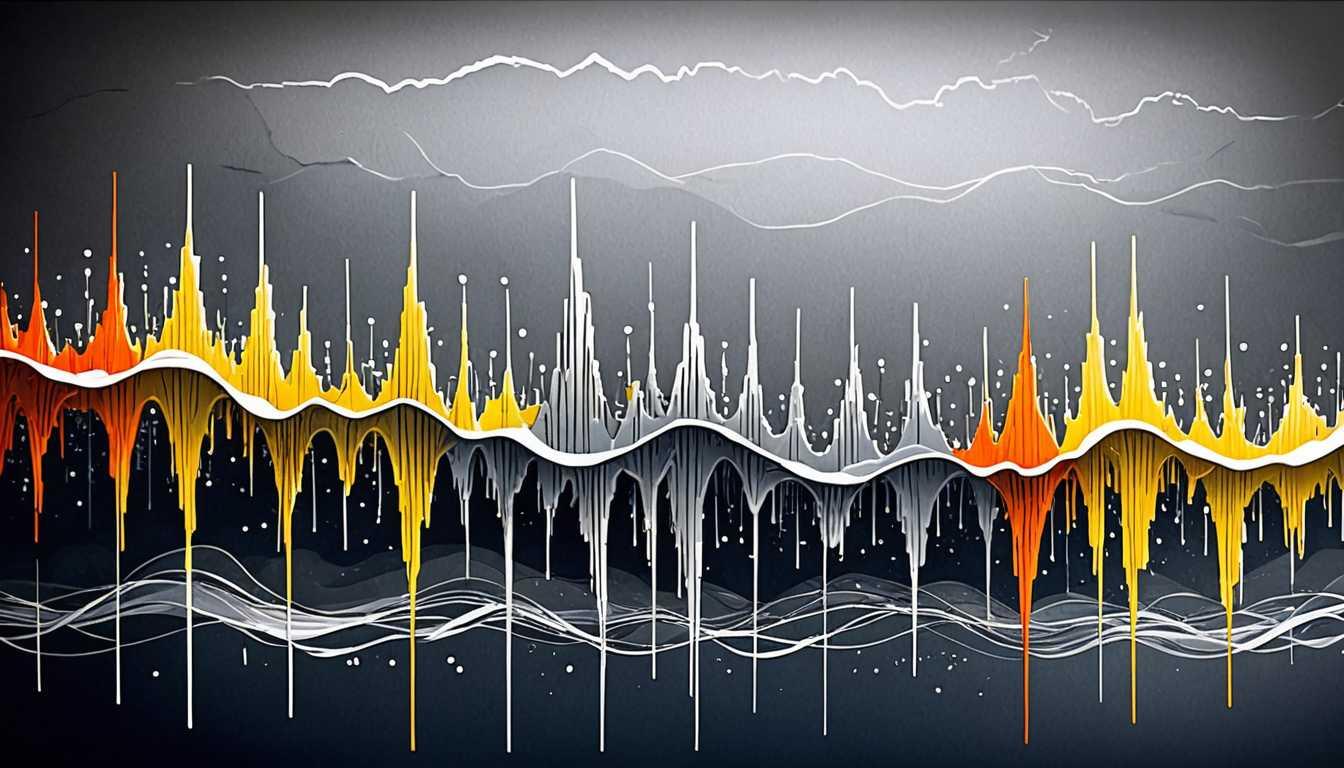Decoding the Secrets of Memory Circuits
January 2025
MIT News
Introduction
Dive into the fascinating world of memory with MIT News! This article reveals how our brain’s hippocampus not only helps us remember specific places but also captures the juicy details of events in our lives! Researchers have crafted an exciting new model that explains how these brain cells work together to form memories—like a high-tech filing system for your experiences. Curious about how forgetting works or what a "memory palace" is? This read promises mind-blowing insights into your own memory magic!
READ FULL ARTICLEWhy It Matters
Discover how this topic shapes your world and future
Unraveling the Mysteries of Memory
Memory is essential to our daily lives, it shapes our identity and influences our decisions. Understanding how our brains form and store memories can have profound implications on education, mental health, and even technology. The recent discoveries about the role of place cells and grid cells in encoding episodic memories show that our brains are not just storing information, they are building intricate networks that connect experiences. This research could lead to advancements in treatments for memory-related conditions, enhance learning strategies, and influence how artificial intelligence mimics human memory. Imagine being able to improve your own memory skills or developing technology that helps people with memory loss—this is the exciting potential of studying memory!
Speak like a Scholar
Neuroscience
The scientific study of the nervous system, particularly the brain, and how it influences behavior and cognitive functions like memory.
Episodic Memory
A type of long-term memory that involves the recollection of specific events, situations, and experiences from one’s life.
Hippocampus
A small, curved formation in the brain that plays a vital role in the formation of new memories and is essential for learning.
Grid Cells
Neurons that help the brain understand spatial relationships by firing in a pattern that forms a grid, assisting in navigation and memory.
Cortex
The outer layer of the brain responsible for higher-level functions, including sensory perception, reasoning, and memory storage.
Scaffold
A structure that supports something, in this context, it refers to the framework that helps organize and retrieve memories.
Independent Research Ideas
Investigate the relationship between spatial memory and academic performance
How does understanding spatial relationships influence learning in subjects like geometry and geography?
Explore memory techniques used by professional memory competitors
What methods do they use, and how can these techniques be applied in everyday learning?
Examine the effects of aging on episodic memory
How do our memory systems change as we grow older, and what strategies can help maintain memory health?
Analyze the impact of technology on memory formation
With the rise of smartphones and digital storage, how has our ability to remember changed?
Research the potential of artificial intelligence to mimic human memory
How can the principles of biological memory be applied to improve machine learning algorithms?
Related Articles

EVEscape: Outsmarting Viruses with AI
October 2023
Harvard University

Pupils and Dreams: The Memory Connection
January 2025
Cornell News Highlights

Timing: The Secret to Better Hearing
January 2025
MIT News

Unraveling the Brain's Tiny Wonders
May 2024
Harvard Gazette

Stress-Busting Wearable Tech Unveiled
June 2023
University of Bristol